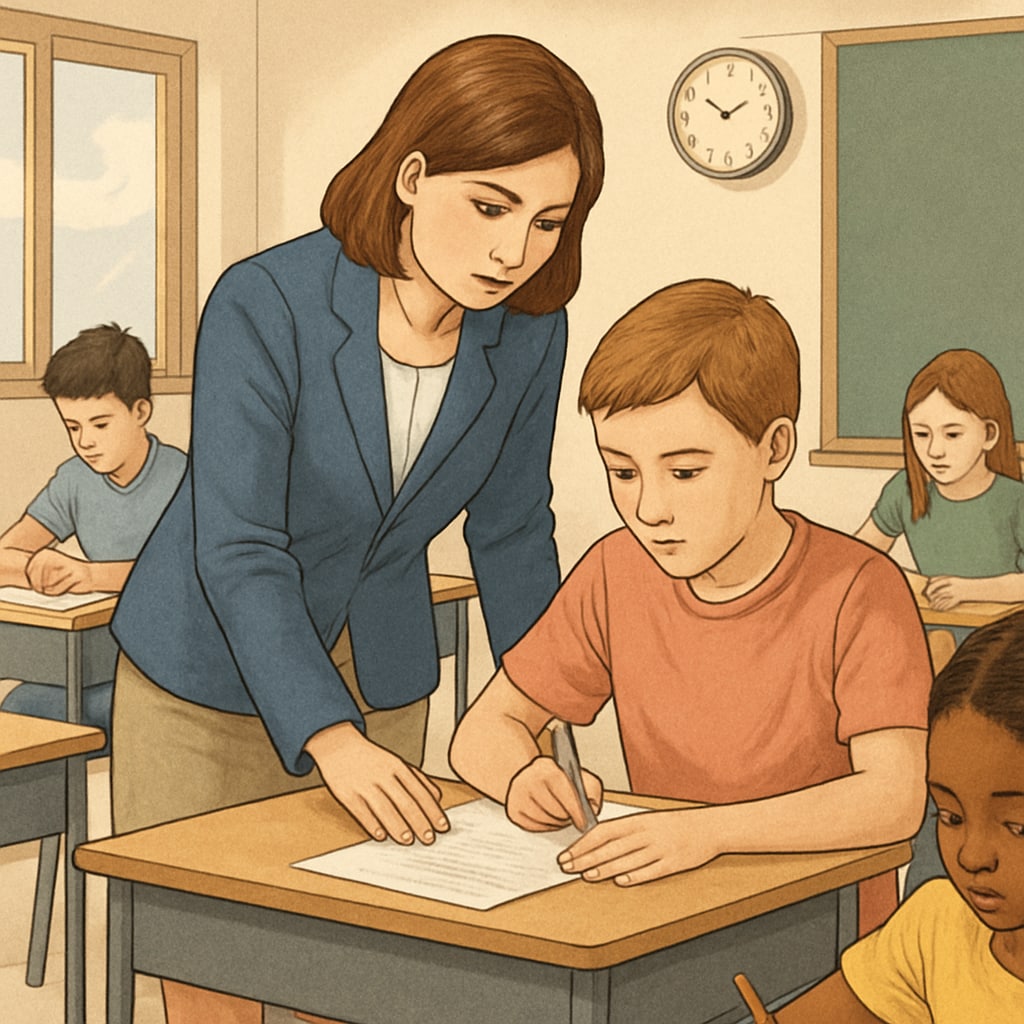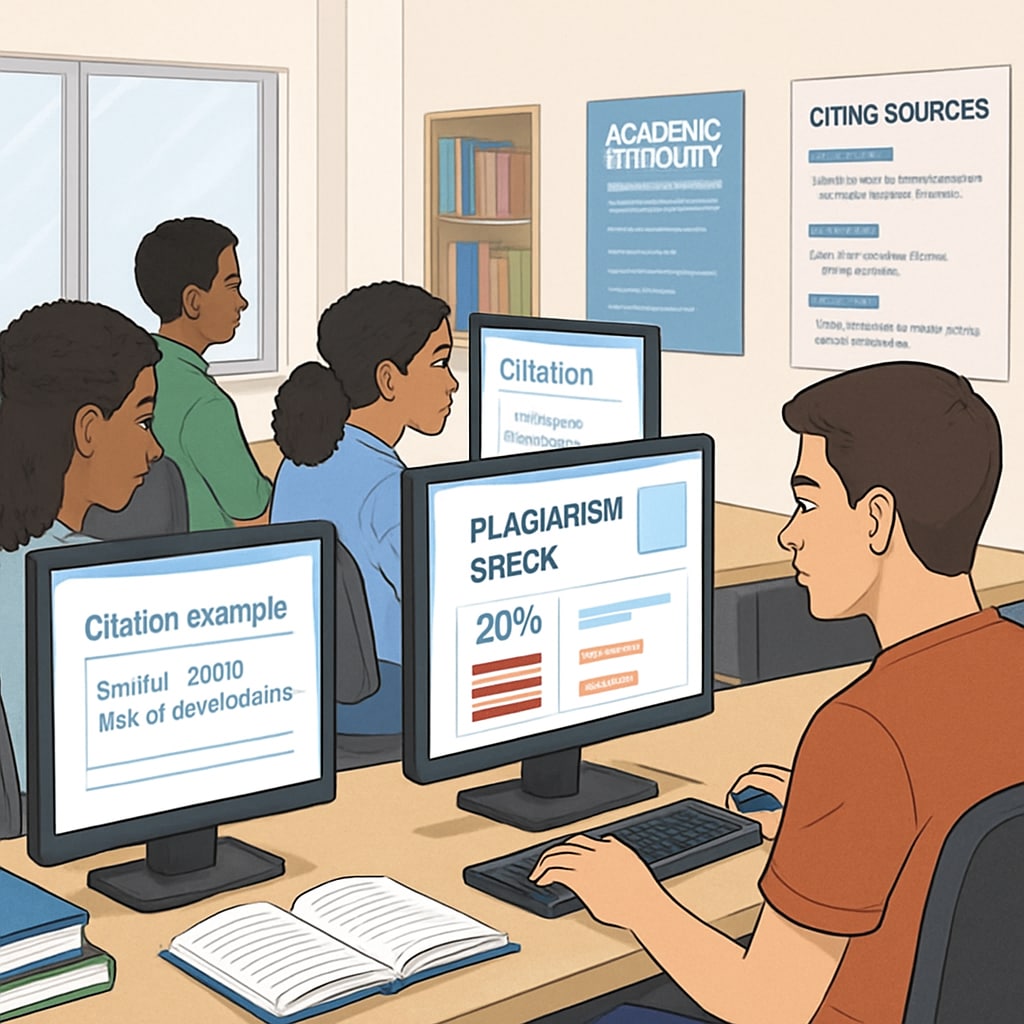In recent years, cases of professors wrongly accusing K12 students of academic dishonesty have raised serious concerns about the balance between academic integrity and student dignity. Such accusations can have lasting psychological effects on young learners, often undermining their confidence and trust in educators. Addressing this issue requires educators and institutions to adopt fair, transparent systems for evaluating academic work while fostering mutual trust between students and teachers.

The Psychological Impact of Misguided Accusations
When professors accuse students of plagiarism or other academic misconduct without sufficient evidence, the consequences can be profound. For K12 students, who are still developing their sense of self and moral understanding, such accusations can lead to feelings of shame, confusion, and reduced self-esteem. Additionally, these incidents may discourage students from taking intellectual risks, fearing wrongful reprimand.
Research shows that unjust accusations can lead to long-term distrust in educational institutions. For example, a study published by the Encyclopaedia Britannica highlights how a lack of fairness in academic evaluation systems can erode the student-teacher relationship, ultimately impacting learning outcomes. Therefore, educators must approach such matters with caution and ensure their judgments are well-founded.
Establishing Transparent Academic Evaluation Systems
To prevent wrongful accusations, schools can implement transparent academic evaluation frameworks. These systems should include clear guidelines on what constitutes plagiarism, accessible resources for students to understand academic integrity, and fair procedures for handling suspected misconduct. For instance, institutions can use plagiarism detection software to provide objective evidence before making accusations.
In addition, educators should focus on teaching students about proper citation methods and the importance of originality in their work. The Wikipedia page on plagiarism provides useful insights into how academic dishonesty can be avoided through education rather than punitive measures.

Building Trust Between Educators and Students
Trust is the cornerstone of effective education. Professors and teachers must create an environment where students feel supported and encouraged to ask questions about academic practices. Open communication can help students clarify misunderstandings about plagiarism and academic integrity, reducing the likelihood of accidental infractions.
Moreover, schools can establish mediation processes where students accused of misconduct can present their side of the story. This not only ensures fairness but also teaches students valuable conflict resolution skills. By prioritizing trust and transparency, educators can protect both the academic integrity of their institutions and the dignity of their students.
As a result, fostering mutual respect and understanding between students and teachers lays the groundwork for stronger educational outcomes and a healthier academic environment.
Conclusion: Towards Fairness and Integrity
Misguided plagiarism accusations can cast a shadow over academic integrity, leaving students feeling demoralized and distrustful. Addressing this issue requires educators to adopt transparent systems and prioritize trust-building initiatives. By doing so, we can ensure that K12 students grow into confident, ethical learners who value originality and fairness.
Ultimately, protecting academic integrity must go hand-in-hand with safeguarding the dignity and psychological well-being of students. Educators and institutions must work together to create a balanced approach that respects both principles.


